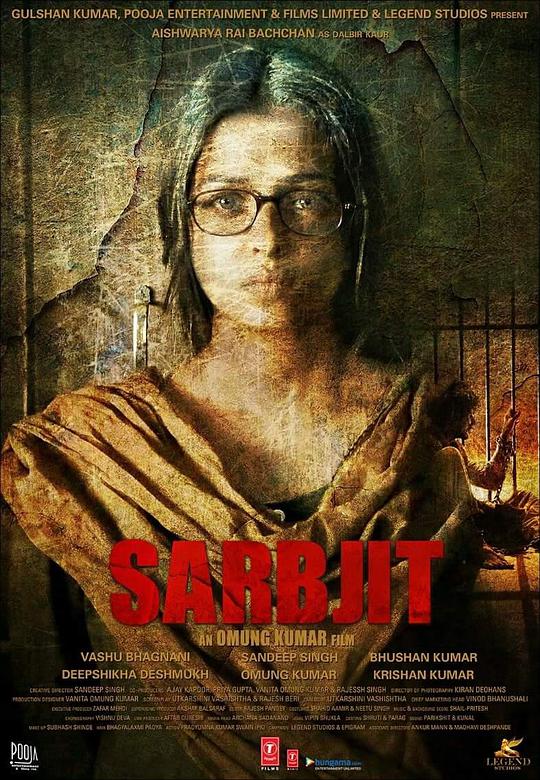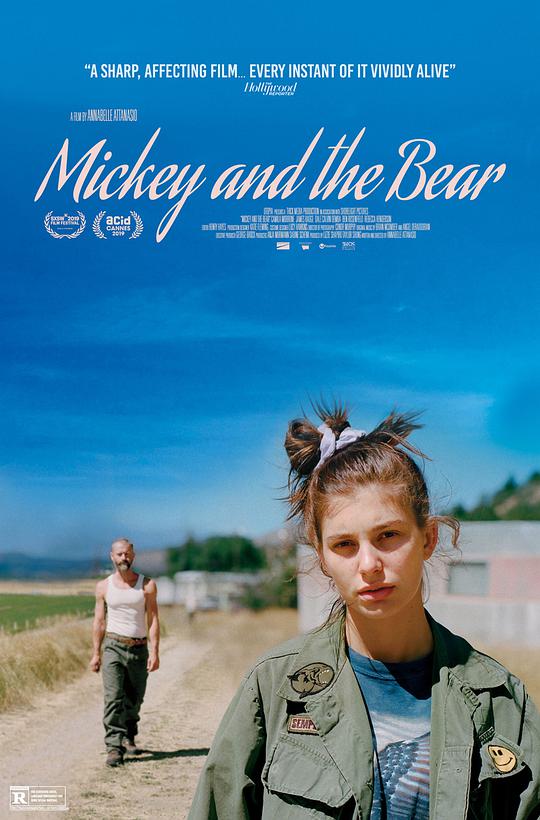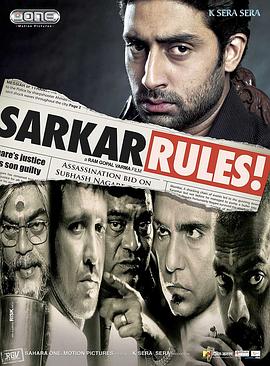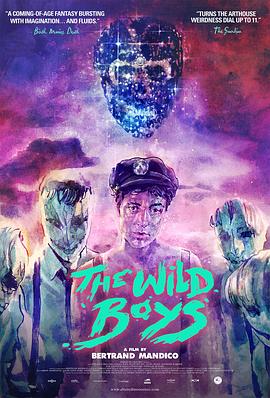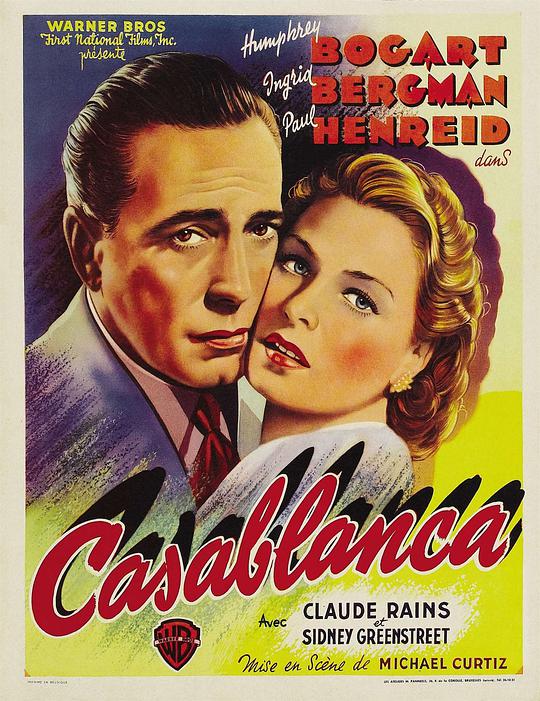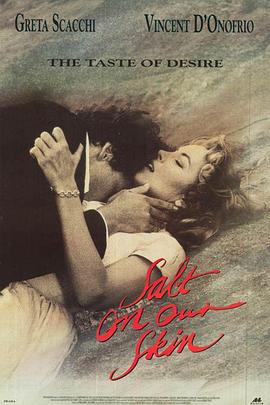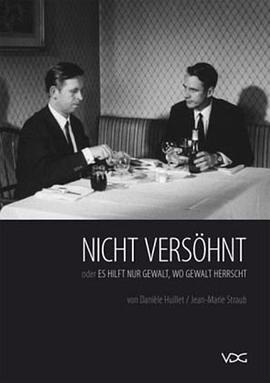-
备注:已完结
类型:电影
主演:卡米拉·莫罗 詹姆斯·戴尔 Calvin Demba 本·罗森菲尔德
导演:安娜贝尔·艾塔娜斯奥
语言:
年代:未知
简介:Facedwiththeresponsibilitytotakecareofheraddict,veteranfather,headstrongteenMickeyPeckkeepsherhouseholdafloat.Whenshehastheopportunitytoleaveforgood,shemustchoosebetweenfamilialobligationandpersonalfulfillment.
-
备注:已完结
类型:电影
主演:Amitabh Bachchan Abhishek Bachchan
语言:其它
年代:未知
简介:The Indian version of The Godfather, with the focus on SARKAR, an Indian politician. 印度版的《教父》,可能会成为印度最成功的黑帮电影…… 这里没有对与错,只有权利。Suresh Nagre是一位“Sarkar”,拥有一帮职业杀手,影响着法律标准的界定。他是权利的中心,他能够罢免内阁,并将其他人换上。他是笃信宗教的,但他不会因此而内疚。他可以成为毁灭性人物,只要他愿意,他可以让整个城市投入烈焰中。他的家庭由妻子,儿子Vishnu 和Shankar,及Vishnu的妻子和儿子组成。他的房屋就像是个堡垒,由忠心耿耿的匪军保护着。我们只能认为Sarkar是从天堂落入凡间的,因为没有其任何背景。此外Sarkar从不卷入被他帮助过的人士间的金融交易,甚至拒绝贿赂来避免非法运作的发生。而这必然导致分歧...
-
备注:已完结
类型:电影
主演:亨弗莱·鲍嘉 英格丽·褒曼 保罗·亨雷德 克劳德·雷恩斯 康拉德·韦特
导演:迈克尔·柯蒂兹
语言:
年代:未知
简介:二战期间,卡萨布兰卡是欧洲逃往美国的必经之地,那里鱼龙混杂,局势紧张。里克(亨佛莱•鲍嘉HumphreyBogart饰)是一个神秘的商人,他在卡萨布兰卡开了一家人气很旺的夜总会,并拥有两张宝贵的通行证。一天,反纳粹人士维克多和妻子伊尔莎(英格丽•褒曼IngridBergman饰)来到夜总会,原来他们正在逃避纳粹的追捕。碰巧的是,里克发现,伊尔莎竟然是他的旧日情人。那段爱曾经刻骨铭心,却因为一个误会而终止。而当误会消解时,伊尔莎和里克的感情还是不可避免的重燃了。里克手上的两张通行证能帮助维克多度过难关,但这样一来,伊尔莎是决定留下,还是离去,他们的爱情在政治和伦理的推波逐流中走向何方。
-
备注:已完结
类型:电影
主演:格列塔·斯卡奇 文森特·多诺费奥 Anaïs Jeanneret
导演:安德鲁·伯金
语言:英语
年代:未知
简介: 故事开始于苏格兰的一个小小渔村中,二十三年前,还是天真单纯的少女的乔治(格列塔·斯卡奇 Greta Scacchi 饰)来到此地,这里的一切都让她觉得新奇。在村子里,乔治邂逅了名为嘉文(文森特·多诺费奥 Vincent D'Onofrio 饰)的少年。终日不降的气温让两个年轻人之间的爱火很快就被点燃,然而,这段感情却并没能够顺利的开花结果,等待着他们的,是分离的结局。 一晃眼多年过去,乔治和嘉文都经历了他们各自的感情生活。乔治离婚后再度联系上了嘉文,爱火重燃的两人终于意识到他们是彼此最重要的人。然而,这段迟到的感情却并没有一帆风顺。二十三年后,乔治等到的只有嘉文冰冷的墓碑。
-
备注:已完结
类型:电影
主演:Heinrich Hargesheimer Carlheinz Har
语言:其它
年代:未知
简介:The subtitle of Jean-Marie Straub and Danièle Huillet’s first feature, from 1965, “Only Violence Helps Where Violence Reigns,” suggests the fierce political program evoked by their rigorous aesthetic. The pretext of the film, set in Cologne, is Heinrich Böll’s novel “Billiards at Half Past Nine,” which they strip down to a handful of stark events and film with a confrontational angularity akin to Bartók’s music that adorns the soundtrack. The subtlest of cues accompany the story’s complex flashbacks. The middle-aged Robert Fähmel tells a young hotel bellhop of persecutions under the Third Reich; his elderly father, Heinrich, an architect famed for a local abbey, recalls the militarism of the First World War, when his wife, Johanna, incurred trouble for insulting the Kaiser. A third-generation Fähmel is considering architecture, just as the exiled brother of Robert’s late wife, returns, only to be met by their former torturer, now a West German official taking part in a celebratory parade of war veterans. Straub and Huillet make the layers of history live in the present tense, which they judge severely. The tamped-down acting and the spare, tense visual rhetoric suggest a state of moral crisis as well as the response—as much in style as in substance—that it demands.
